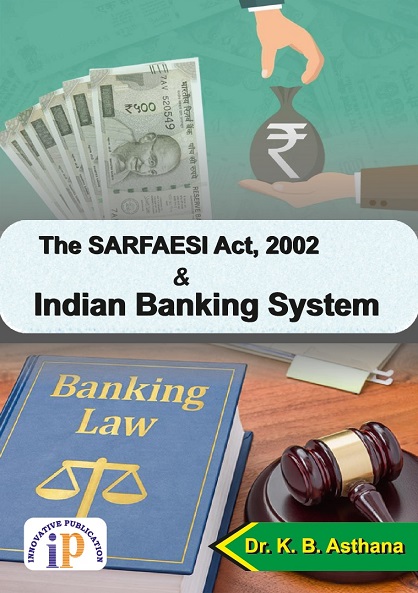The SARFAESI Act, 2002 and Indian Banking System
Availability :
In Stock
₹ 310.50
M.R.P.:₹ 450
You
Save: ₹139.50 (31.00% OFF)
(Inclusive
of all taxes)
Delivery:
₹ 0.00 Delivery charge
Author:
Dr. K. B. Asthana
Publisher:
IP Innovative Publication Pvt. Ltd.
Edition:
First
ISBN-13:
9789388022880
Publishing Year:
2021
No. of Pages:
270
Weight:
430 g
Language:
English
Book Binding:
Paperback











